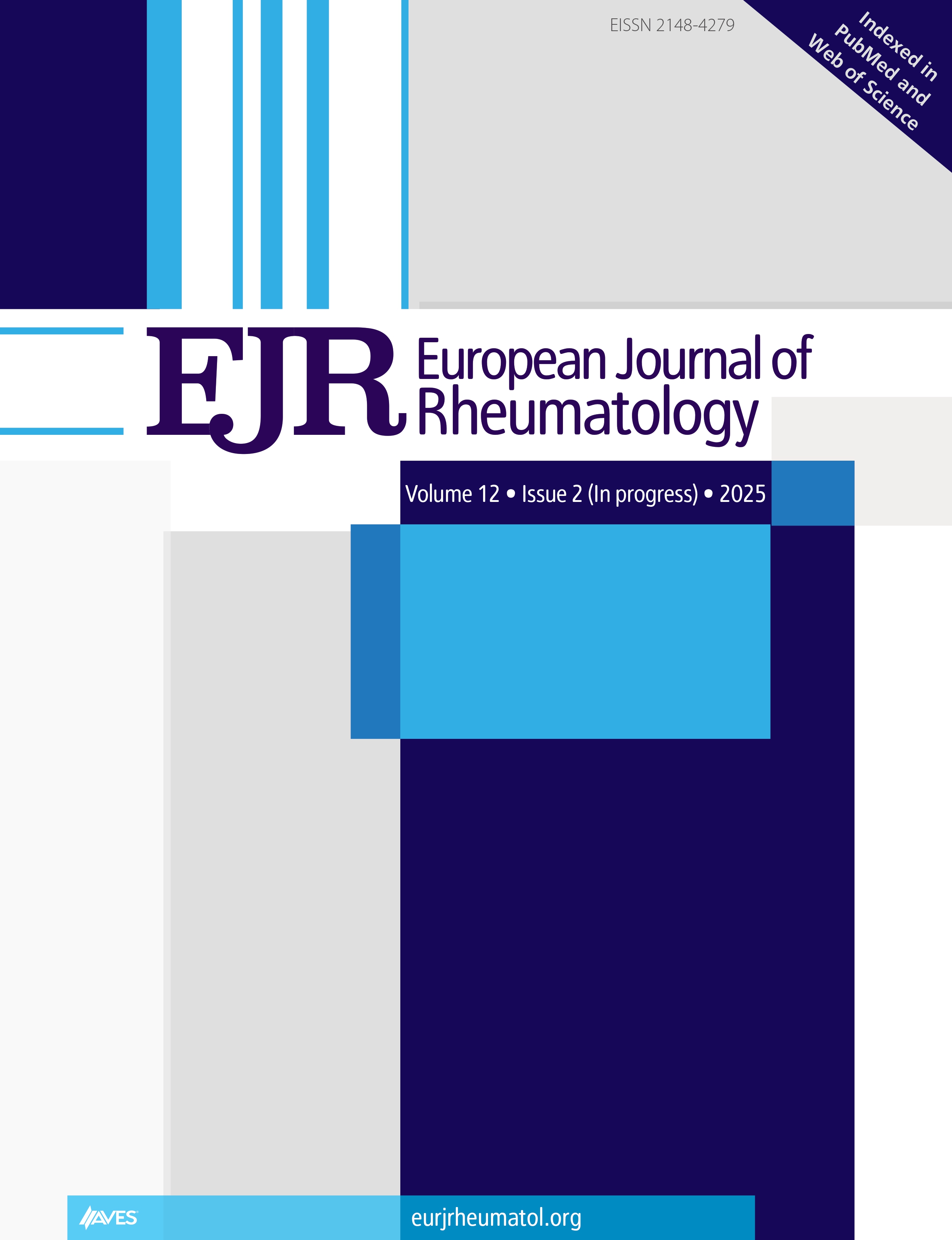Abstract
Objective: A significant number of patients with rheumatoid arthritis (RA) link the start of illness with psychological trauma or severe stress. Impaired mental health (IMH), defined as depression and anxiety with psychoneuroimmunological factors, can play a significant role in RA. The main objective of this research was to investigate the mutual correlation of IMH and RA activity, estimated by the laboratory and clinical parameters in RA patients.
Material and Methods: An open clinical prospective study that lasted for 6 months was designed. There were 72 patients included, 58 women and 14 men, aged 34 to 80 years and screened for mental health status. The study population was randomized following the Brief Symptoms Inventory (BSI) scale, comprised of 53 questions with a range from 0 (no symptoms) to 4 (severe). This mental test was done only once during the study. Following the results from the BSI scale, RA patients were divided into mentally stable and mentally unstable patients to investigate the influence of RA activity on mental health. The following laboratory and clinical parameters were analyzed: sex, age, erythrocyte sedimentation rate (ESR), rheumatoid factor (RF), C-reactive protein (CRP), anti-cyclic citrullinated peptide (anti-CCP) antibody, and disease activity score (DAS28). All RA patients did not express extra-articular manifestations or Sjögren’s syndrome. The chi-square test, ANOVA, Pearson’s coefficient, and IBM Statistics - SPSS v19 were used.
Results: From a total of 72 RA patients, there were 44 mentally stable and 28 mentally unstable patients. All patients had either moderate or severe active disease. The only significant correlation of IMH and activity of RA was found in CRP and DAS28, but no significance was observed in ESR, RF, and anti-CCP. The DAS28 showed high disease activity with an average of 5.3 and CRP of 20.9 mg/L in patients with unstable mental health compared to stable mental health patients, where RA was associated with a moderate DAS average value of 4.35 and CRP of 14.1 mg/L. Depression and anxiety were found in all 28 (39%) RA patients.
Conclusion: Mentally unstable RA patients correlate more with severe disease activity, while mentally stable patients express moderate disease activity.



.png)